In the vast expanse of human history, stories often echo that of Icarus, where ambition, innovation, and the promise of power are interlaced with the potential for calamity. Few lives better embody this paradox than that of Leo Szilard – a man whose genius catalyzed the Atomic Age and whose conscience became its most potent critic. This is the tale of Szilard, a man whose intellectual brilliance and moral courage left an indelible imprint on humanity’s journey.
Leo Szilard was born in Budapest, Hungary, on February 11, 1898, into an era of great transformation. A bright and curious child, his fascination with the sciences was nurtured by an environment rich in intellectual stimulation. Amidst the tides of World War I and the burgeoning seeds of scientific exploration, Szilard found himself irresistibly drawn towards the realm of physics.
After the war, he moved to Germany to study engineering, but soon found his calling in physics under the tutelage of Max Planck, the father of quantum theory. In this hothouse of intellectual fervor, Szilard delved into the mysteries of the quantum world, which would later be instrumental in his groundbreaking work in nuclear physics.
The rise of the Nazi regime forced Szilard, a Jew, to flee to London in 1933. It was there, while idly crossing a street, that the concept of nuclear chain reactions burst into his mind. This realization of the immense power trapped within atomic nuclei, catalyzed by the discovery of nuclear fission by Otto Hahn and Fritz Strassmann in 1938, seeded the idea that would eventually culminate in the creation of the atomic bomb.
Alarmed by the potential of Nazi Germany developing such a weapon, Szilard drafted the Einstein-Szilard letter in 1939, urging President Franklin D. Roosevelt to fund research into nuclear weapons. This missive initiated what would become the Manhattan Project, the top-secret US endeavor to build the world’s first atomic bomb.
Despite his initial advocacy, Szilard became increasingly troubled by the moral and ethical implications of his work as the Manhattan Project progressed. His concerns amplified upon learning that Germany had abandoned its nuclear ambitions, leaving the United States as the sole pursuer of the atomic bomb.
In 1945, Szilard circulated a petition among his colleagues at the Met Lab in Chicago, pleading with President Truman not to use the atomic bomb on Japan. Despite garnering significant support, the petition was suppressed by General Leslie Groves, and the bombs were dropped on Hiroshima and Nagasaki in August 1945.
The horror of the bombings and the dawning Cold War prompted a profound transformation in Szilard. The man who had once prompted the creation of atomic weapons now became one of the most vocal advocates for nuclear disarmament and peaceful international cooperation. His endeavors led to the founding of the Council for a Livable World in 1962, an organization committed to reducing the threat of nuclear war.
Simultaneously, Szilard recognized the potential of nuclear energy for peaceful purposes. He contributed significantly to the development of the nuclear reactor, laying the groundwork for modern nuclear power. His dual advocacy for nuclear disarmament and peaceful nuclear energy encapsulated the paradox of his life and legacy.
Szilard spent his final years tirelessly advocating for responsible science, nuclear disarmament, and peaceful international cooperation. He passed away in 1964, leaving behind a legacy defined by his intellectual brilliance and his unwavering commitment to his conscience. The world of nuclear science had lost a pioneering figure, and the world at large, a steadfast advocate for peace.
The story of Leo Szilard serves as a compelling reminder of the dual-edged nature of scientific progress. His life reflects the paradox inherent in the human pursuit of knowledge and power – the capacity to wield immense power for the benefit of mankind or its potential destruction.
Leo Szilard, the conscience of the atomic bomb, challenges us to remember that progress and power, divorced from ethics and humanity, can lead to immense destruction. He embodies the conviction that science, despite its potential for harm, can be a force for good when guided by conscience and committed to peace.
In the realm of scientific endeavor and moral responsibility, Leo Szilard’s legacy stands as a beacon. As we navigate the complexities of the 21st century, may we find guidance in his story – a tale of a mind that understood the power of the atom and a heart that comprehended the value of peace.
Keywords:
- Icarus: A character in Greek mythology who flew too close to the sun with wings made of wax and feathers. His fall from the sky symbolizes the dangers of overambition.
- Paradox: A statement or situation that may be true but seems impossible or difficult to understand because it contains two opposite facts or characteristics.
- Quantum Theory: A branch of physics that deals with phenomena on a very small scale, such as atoms and particles.
- Nazi regime: The government led by Adolf Hitler and the National Socialist German Workers’ Party from 1933 to 1945 in Germany.
- Nuclear Fission: A nuclear reaction in which a heavy nucleus splits spontaneously or upon impact with another particle, with the release of energy.
- Einstein-Szilard letter: A letter written by Leo Szilard and signed by Albert Einstein that was sent to the US President in 1939, warning of the potential development of “extremely powerful bombs” by the Germans.
- Manhattan Project: A research and development project during World War II that produced the first nuclear weapons.
- Met Lab: The Metallurgical Laboratory in Chicago where research for the Manhattan Project took place.
- Nuclear Disarmament: The act of reducing or eliminating nuclear weapons.
- Council for a Livable World: An organization established by Leo Szilard in 1962 to advocate for policies to reduce and eventually eliminate nuclear weapons.
Key Takeaways:
- Leo Szilard was a pivotal figure in the development of nuclear energy and weapons, having conceptualized the nuclear chain reaction.
- Alarmed by the potential of Nazi Germany developing an atomic bomb, Szilard initiated the Manhattan Project by drafting the Einstein-Szilard letter.
- Despite advocating for the development of atomic weapons, Szilard became a vocal critic of their use after the bombing of Hiroshima and Nagasaki.
- Szilard was a founding member of the Council for a Livable World, an organization dedicated to reducing the threat of nuclear war.
- Szilard also recognized the potential for peaceful applications of nuclear energy and contributed to the development of nuclear reactors.
The Nuclear Age Articles
Unraveling The Atomic Age: The Life and Legacy of J. Robert Oppenheimer
Unveiling the Atom: The Manhattan Project’s Deep Impact on World History
Albert Einstein: The Maverick Mind that Revolutionized Physics
Leo Szilard: The Atomic Pioneer’s Crusade for Peace
The Ethical Odyssey: Exploring Morality in the Course of Scientific Discovery
Los Alamos National Laboratory: Navigating the Past, Present, and Future of Scientific Innovation
The Cold War: Superpowers in the Ballet of Weaponry
Nuclear Proliferation: The Ever-Present Global Challenge
Interplay of Science and Politics: The Unsung Dance of Progress
Enrico Fermi: Mastermind Behind the Nuclear Age
From Atomic To Thermonuclear: A Detailed Examination of Nuclear Weapon Evolution
The Unforgotten Echoes: Hiroshima and Nagasaki’s Tale of Nuclear Devastation and Human Resilience
Living Under the Mushroom Cloud: The Psychological Impact of the Nuclear Age
Nuclear Fallout: Unmasking the Invisible Threat to Health and Environment
The Power and Peril of Nuclear Energy: A Balanced Perspective
Radiation Sickness: Unveiling the Hidden Costs of the Nuclear Age
From Darkness to Light: Lessons from Chernobyl and Fukushima
Deciphering the Nuclear Waste Conundrum: The Path Towards Sustainable Solutions
Guarding the World from Nuclear Threats: International Laws for Nuclear Disarmament
Journey to Peace: Unraveling the Path to Global Nuclear Disarmament
Culture Echoes of the Atomic Age: Artistic Narratives in the Nuclear Era




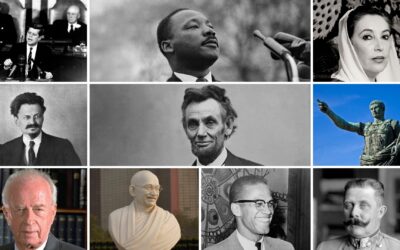
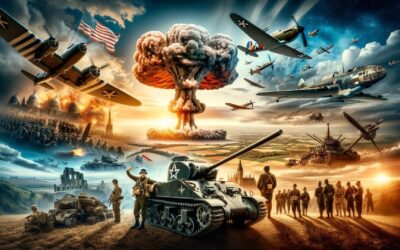
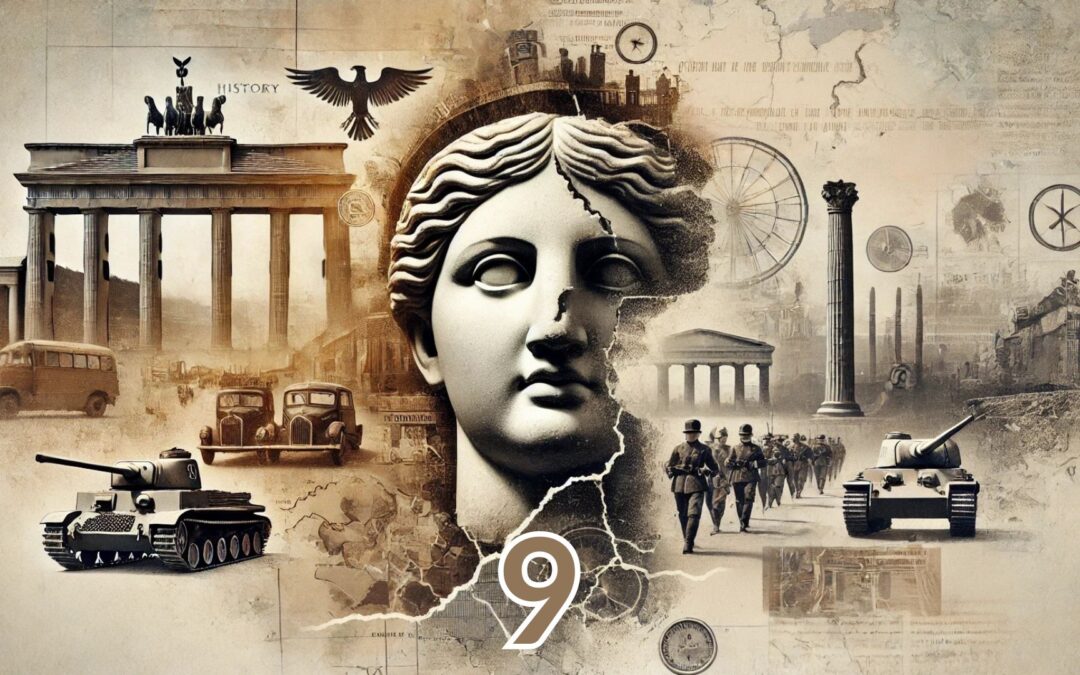
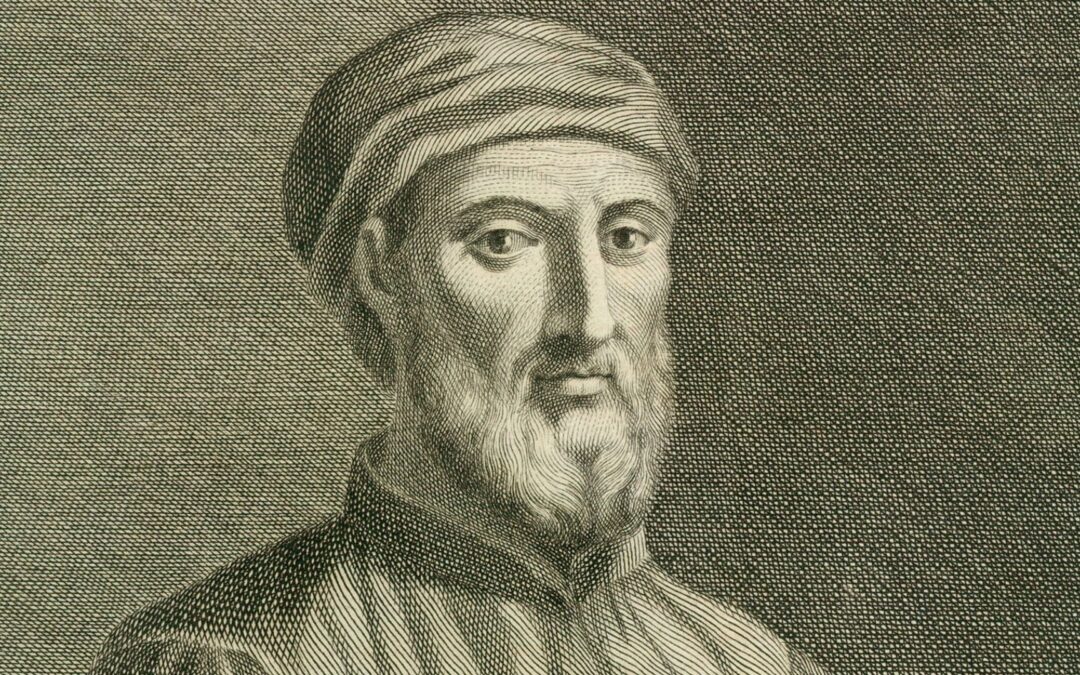
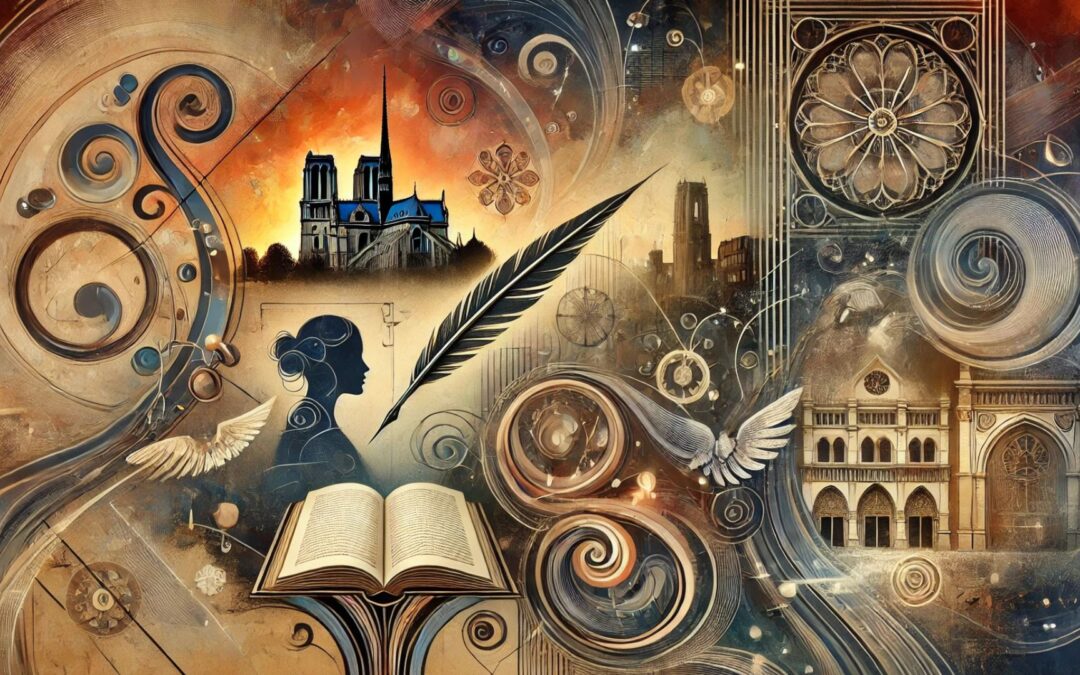

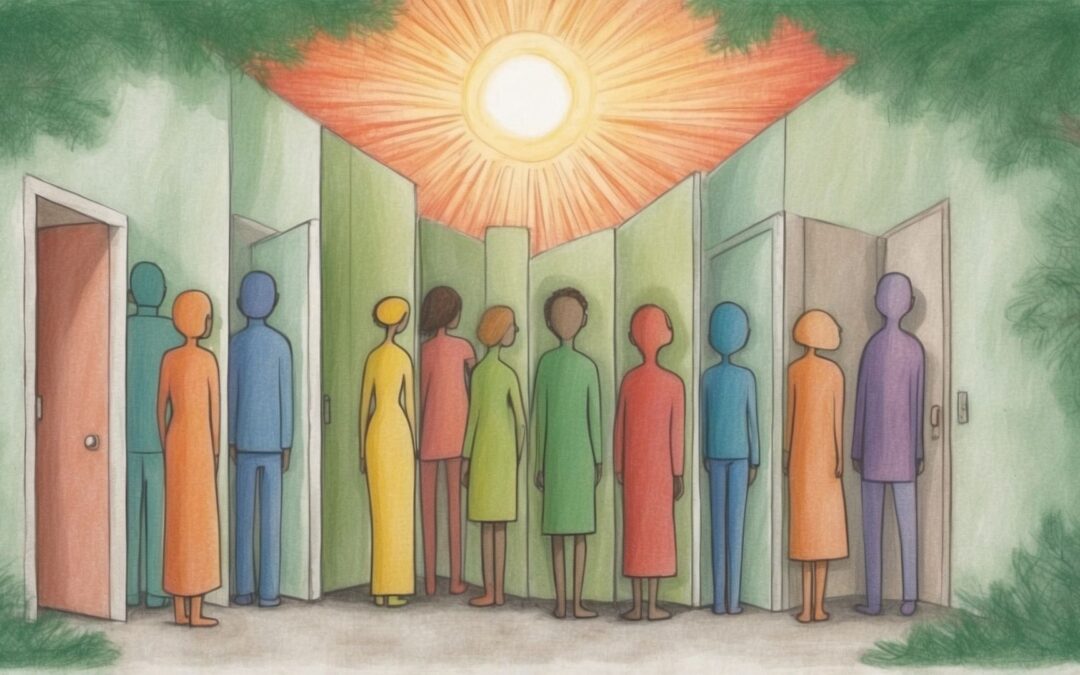
0 Comments